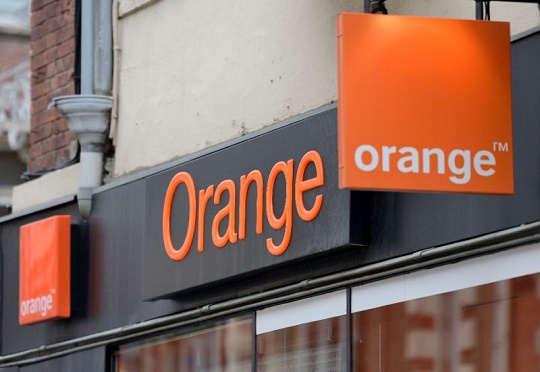The oil sector will soon liberalize, in its entirety, the market for importing petroleum products into the country to oil companies interested in the business.
So far, the market opening has been made only in the fuel distribution segment, according to Oil Secretary Paulino Jerónimo, speaking on the sidelines of the International Conference on Technological, Regulatory and Legal Strategies of the Oil Industry, sponsored by Catholic University.
“We will allow other oil distributors to enter,” said the head of the Ministry of Mineral Resources and Petroleum, arguing that the monopoly as defined no longer exists in Sonangol.
In practice, he added, there is a Sonangol “big distributor” of petroleum derivatives, in a market that counts on the presence of companies like Pumangol, Sonagalp and other distributors.
In this way, a basic work is being done, so that it is submitted to the holder of the Executive Power for approval.
He recalled that the oil industry is experiencing moments of change that will give a new boost to the sector in Angola.
He said that the restructuring of Sonangol EP is underway, which will oblige it to abdicate the role of national concessionaire, as well as the sale of non-nuclear assets of the company, whose first list of companies to be privatized is already being evaluated by the Executive.
Regarding oil exploration in the country, he recalled that production has been declining since 2009, currently at 1.5 million barrels/day.
Among the determinants of the decline in oil production was the drop in the price of oil, the low conversion of resources into reserves, the irregularity of new oil concessions and the excessive bureaucracy in this process, and the delays in the approval of contracts in concessions.
On the basis of this finding, the working group was set up with a view to finding solutions to the problems detected. This work resulted in the simplification of the contract approval process, an increase in the level of operators’ authorities and simplification of the bidding process for concessions.
Tax incentives for marginal discoveries have also been granted in order to allow the development of some 4 billion barrels of oil existing in marginal fields discovered over the last 10 to 15 years and which are not economically viable in light of existing contracts.
This process of restructuring the sector also allowed the approval for the first time Angola of the Gas Law, which will allow the oil companies to have the right to develop and monetize the gas discovered.
The International Conference on Technological, Regulatory and Legal Strategies for the Oil Industry is an initiative of the Catholic University of Angola in partnership with the Society of Petroleum Engineers and other representatives of oil companies.


